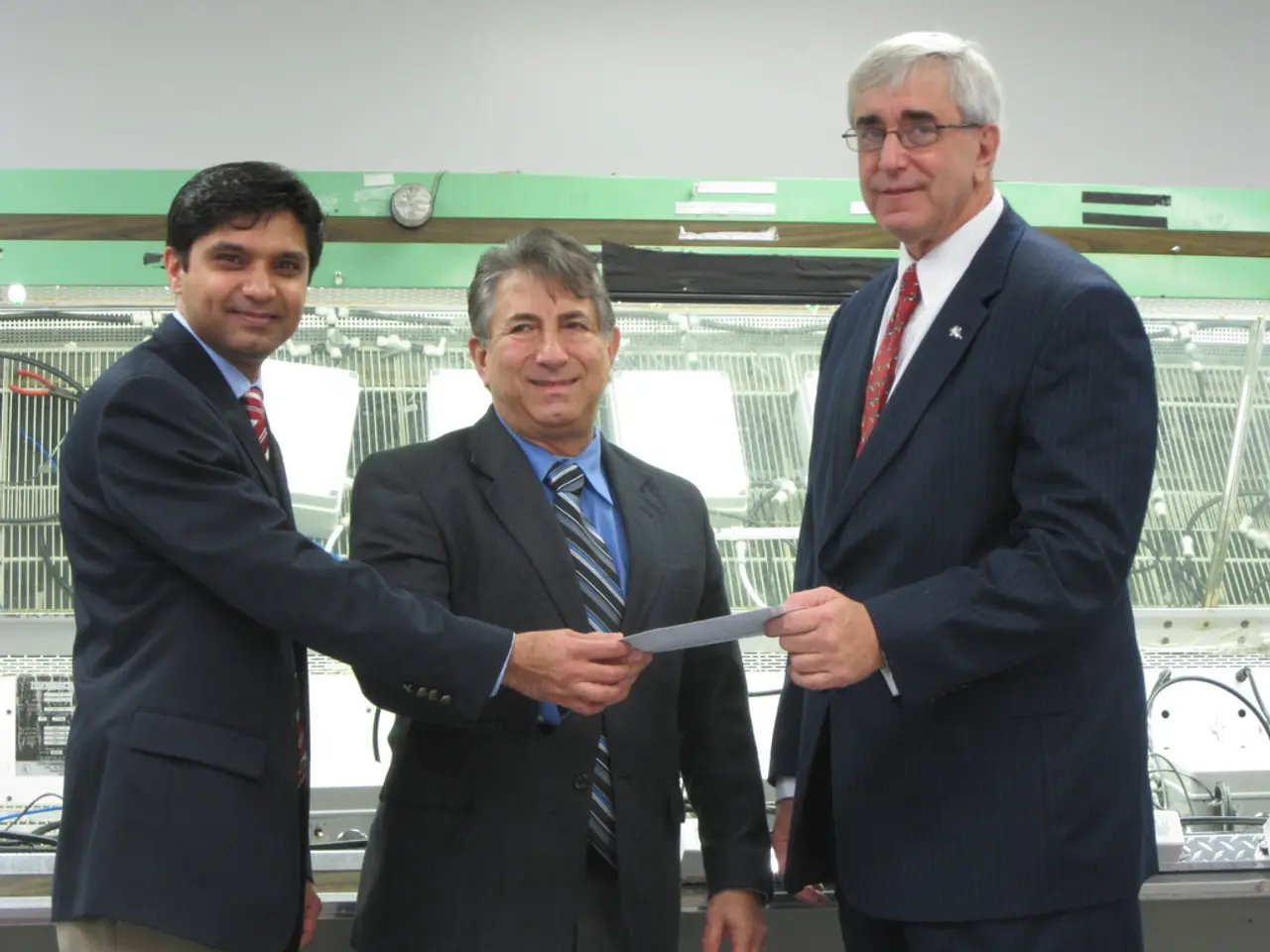AI, according to Accenture's study, could increase earnings by 38 percent and create additional jobs for 10 percent by the year 2022.
Accenture, a leading global professional services company, has released a new report titled "Reworking the Revolution: Are you ready to compete as intelligent technology meets human ingenuity to create the future workforce?" The report emphasizes the need for businesses to pivot their workforce towards areas that unlock new forms of value, beyond process efficiencies.
The research, which involved 14,078 workers and 1,201 senior executives across 11 countries and various industries, suggests that reimagining work by assessing tasks, not jobs, and balancing automation with human capabilities is crucial. According to the report, 46% of business leaders agree that job descriptions are obsolete, and 29% have already redesigned jobs extensively.
However, there seems to be a disconnect between workers' embrace of AI and their employers' efforts to prepare them for the future. The report highlights that 62% of workers believe AI will have a positive impact on their work, while only 3% of business leaders plan to significantly increase their investment in reskilling their workers in the next three years.
Accenture recommends scaling up 'New Skilling', measuring and personalizing training programs to improve new skills adoption. The company has developed a 'new skilling' framework to achieve this. The report also provides examples of pioneering businesses using human-machine collaboration to improve efficiencies and drive growth through new customer experiences.
The findings of the report are promising. Seventy-two percent of senior executives surveyed said that intelligent technology will be critical to their organization's market differentiation. Moreover, both senior executives and workers are optimistic about the potential of AI on business results and on work experiences.
The report estimates that businesses could boost revenues by 38 percent by 2022 and raise employment levels by 10 percent if they invest in Artificial Intelligence (AI) and human-machine collaboration at the same rate as top performing companies. For the average S&P500 company, this equates to US$7.5 billion of revenues and a US$880 million lift to profitability.
Ellyn Shook, Chief Leadership and Human Resources Officer at Accenture, emphasizes the need for immediate workforce pivoting to collaborate with AI. Mark Knickrehm, group chief executive of Accenture Strategy, stated that companies need to invest more in equipping their people to work with machines in new ways to achieve higher rates of growth in the age of AI.
The research program included economic modelling to determine the correlation between AI investment and financial performance, in-depth interviews with 30 C-suite executives, and ethnographic interviews with 30 individuals working with AI. The report also highlights efforts by companies, particularly in Germany and the public sector entities in Cao Bang province, to increase employee training in AI usage. Start-ups like Careertune, founded in 2025, are also facilitating access to AI-related continuing education to respond to the evolving labor market demands.
Collectively, this potential investment could lift profits by US$4.8 trillion globally over the same period. The report serves as a call to action for businesses to embrace AI and human-machine collaboration to stay competitive in the future.
Read also:
- International cooperatives associated with OCOP (One Commune One Product) are actively exploring strategies to access and penetrate foreign markets.
- Federal health clinics in Maine seek restoration of withheld Medicaid financing, filing a lawsuit against the Trump administration over funding reductions.
- Tezos' Etherlink Broadens Its Gaming Offerings with Incorporation of Pikes Arena and Cricket Champions
- Depakote Cost in 2025: Discounts and Additional Savings Options





